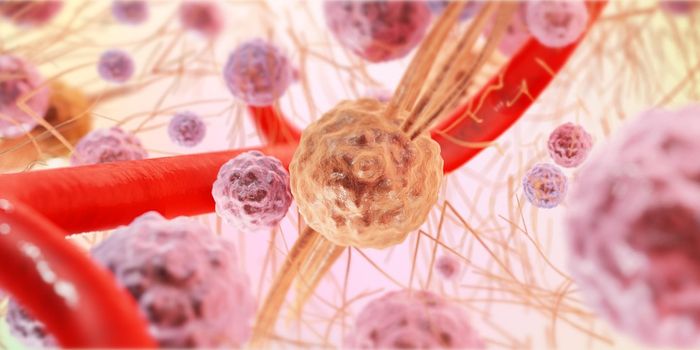Novel Vaccine Targets COVID-19 and Controls Innate Immunity
Vaccines generate a strong immune response designed to target a specific pathogen or disease. Many individuals think of preventative medicine when considering vaccine technology. The classic example includes annual vaccinations which are given to expose our immune systems to specific viruses that are predicted to be prevalent that year. Specifically, an attenuated or weakened form of the pathogen is provided to patients. The immune system will recognize it and start creating antibodies to fight similar pathogens in the future. Additionally, other immune cells will build immunological memory that will also recognize the disease in the future. As a result, we become immune to that pathogen.
The concept of vaccines has been around for centuries. In ancient texts, scholars have written about individuals getting sick, recovering, and then becoming immune to that same disease. This phenomenon progressed as physicians would give active forms of disease to patients to then hope they would recover and be immune. A brilliant physician, Edward Jenner, then demonstrated that cowpox recovery could subsequently prevent smallpox. He observed that milkmaids who were commonly infected with cowpox did not contract smallpox. To test his observation, he exposed an individual to cowpox and once recovered exposed them to smallpox. Through other experiments it was determined that cowpox, a less severe form of the same virus that causes smallpox, was the key to preventing infection. His discovery was hailed by the world saving millions from the deadly disease. As the field progressed, scientists learned that an attenuated or less active form of a disease was enough to elicit immune memory that prevents infection. The progression of vaccine technology eventually led to the milestone eradication of smallpox in 1979. Scientists and physicians continue to work on improving vaccine development to target prevalent and severe diseases.
During the COVID-19 pandemic scientist worked tirelessly to develop a vaccine for the public. Consequently, an mRNA vaccine was generated and distributed to clinics. However, the healthcare community is still working to enhance the COVID-19 vaccine and elicit stronger immune responses. A recent article in Clinical Immunology, by Dr. Sharee Basdeo and others, demonstrated that a mRNA vaccine referred to as the BNT162b2 vaccine helps mitigate innate immune cell inflammation. Innate immunity is the first responder to disease and cell involved in this response generate molecules and proteins to attract more cells, which inflame the site of infection. Basdeo is an Assistant Professor of Clinical Medicine at the Trinity College Dublin. Her work focuses on improving vaccine technology to elicit strong immune responses in disease, specifically tuberculosis. Basdeo also investigates the innate immune system and how it responds to vaccines.
Basedo and her team set off to understand how the BNT162b2 COVID-19 vaccine affected the immune system. This vaccine was previously reported to be highly effective in treating severe cases of COVID-19. As a result, researchers found that the vaccine reduced innate immune cell function. The team took blood samples of eight health donors and then vaccinated them. Donor blood was then taken on days 14 and 28 after the BNT162b2 COVID-19 vaccine to be analyzed. The tests showed that inflammatory mediators and markers associated with pathogens were dampened. Scientists believe that these findings indicate the vaccine’s broader effect on the immune system. Due to excessive inflammation elicited by the COVID-19 virus, Basdeo and others believe reducing that inflammation through the BNT162b2 COVID-19 vaccine enhances treatment outcomes. The findings in the study highlight the importance of the innate immune system after vaccination. It also improves our understanding of mRNA vaccine effects on innate immunity. As a result, Basdeo and others provide insight into a novel vaccine that has the potential to improve treatment outcomes and patient care.
Article, Clinical Immunology, Sharee Basdeo, Trinity College Dublin








